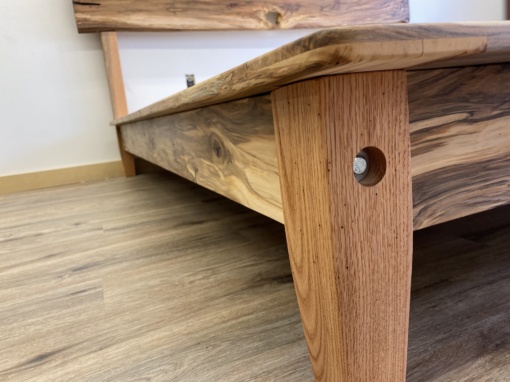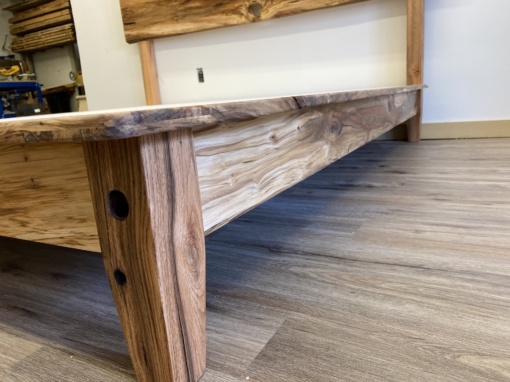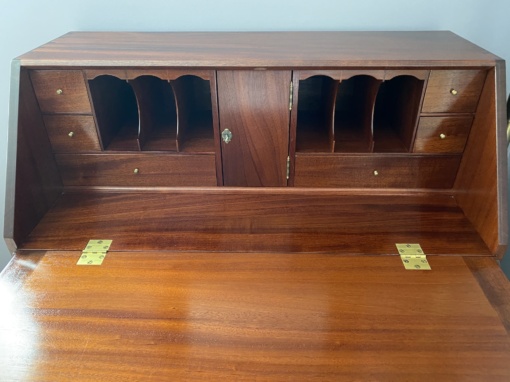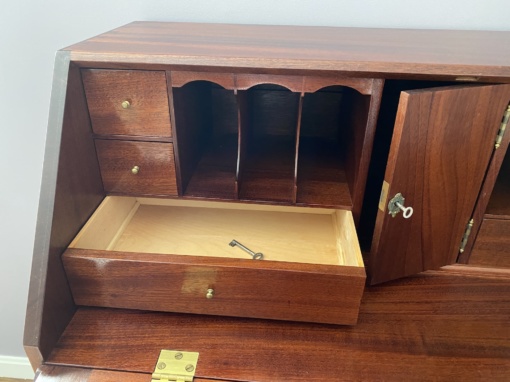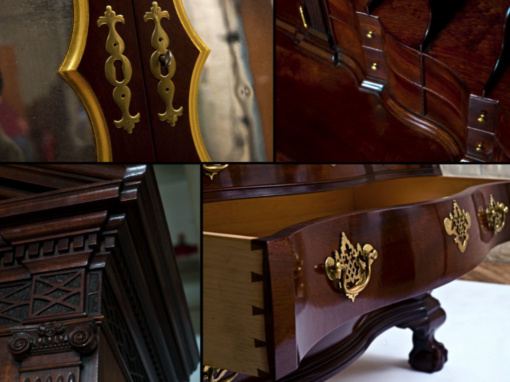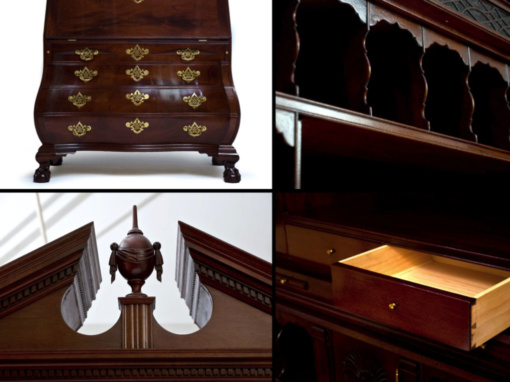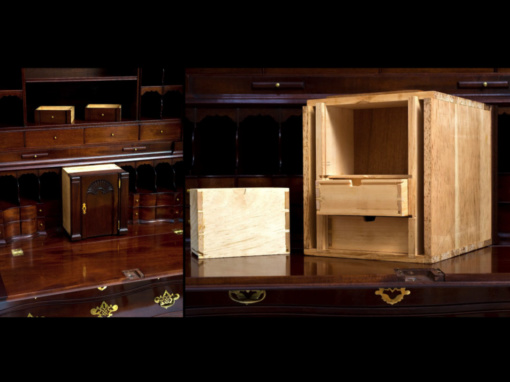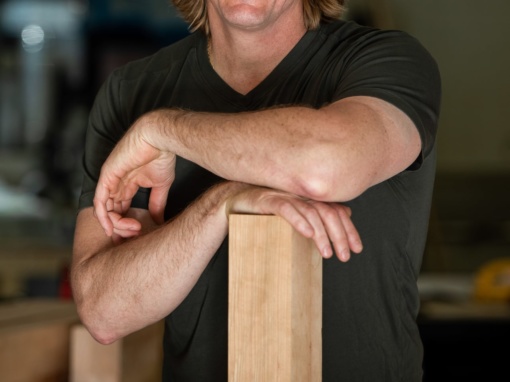|
|||||||||||||||||||||
|
People with disabilities often require assistance and additional lead time in order to prepare for a disaster. The following list, while not exhaustive, provides some practical tips for those with special needs.
- Establish a personal support network. This network of friends, family, and neighbors can assist in disaster preparations and getting you to a safe place.
- Post Emergency Instructions on the refrigerator to include medication dosages, necessary equipment, and emergency contacts.
- Register with local emergency management and fire departments.
- Identify multiple evacuation routes at home and at work. Ask your employer to include and test these plans.
- Carry with you at all times emergency health information and emergency contacts. A medical alert tag or bracelet to identify your disability can prove helpful.
- Have an alternate means of communication, like a dry erase board or writing tablet and markers.
- When calling 911, tap the space bar to engage the TDD system.
- If you are mobility impaired and live or work in a high-rise building, have an escape chair.
- If you live in an apartment building, ask the management to mark accessible exits clearly.
- Keep extra wheelchair batteries, oxygen, catheters, medication, food for guide or hearing-ear dogs, or other items you might need. Also keep a list of the type and serial numbers of medical devices you need.
- Stock additional emergency supplies, such as batteries, blankets, cash,medications, non-perishable foods, water and a weather radio.
- Install fire safety devices in the home, such as fire extinguishers and smoke alarms with a vibrating pad or flashing light. Consider also installing an alarm with strobe light outside the home to alert neighbors. Test alarms and extinguishers regularly and replace smoke alarm batteries every six months.
- Keep a flashlight, whistle, or bell handy to signal your whereabouts to others.





